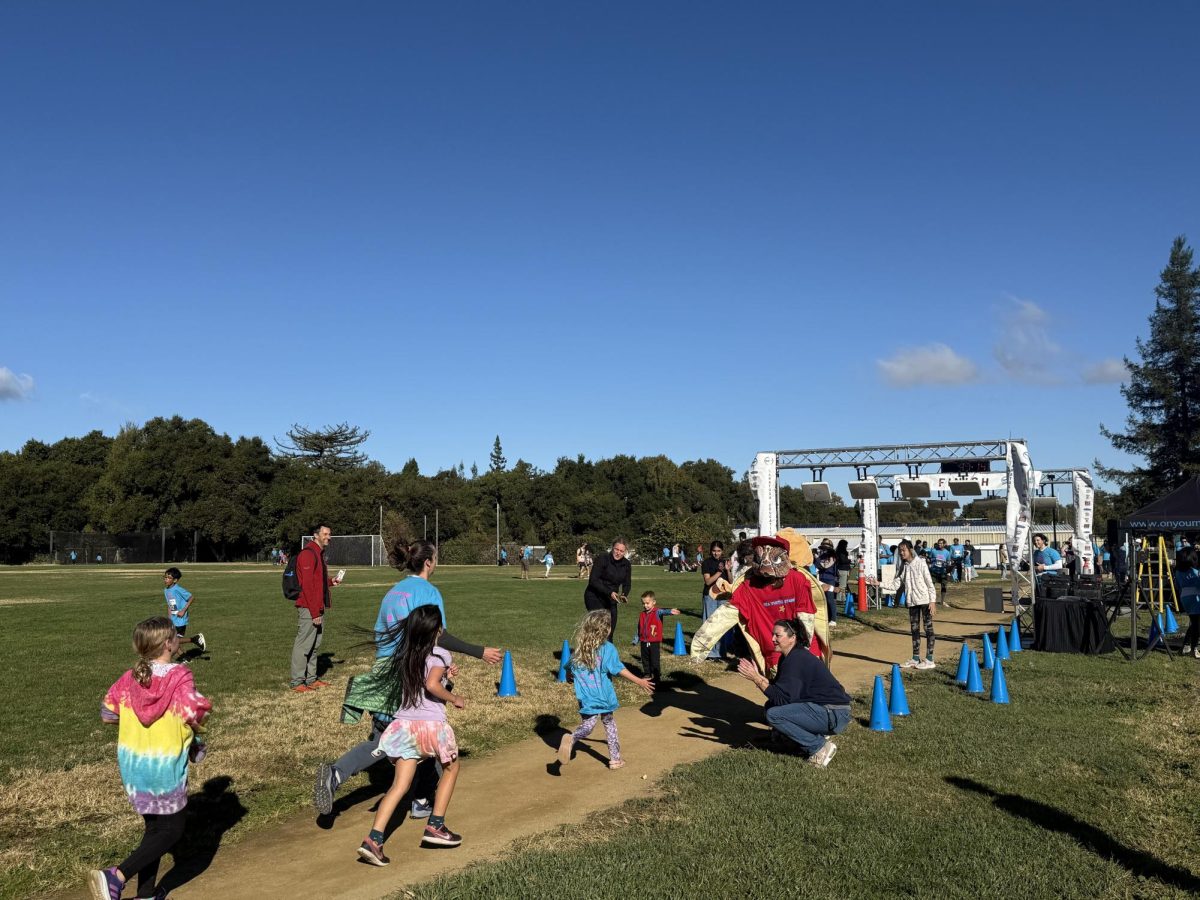Still half asleep, I stagger into the kitchen, searching for something to eat. A glance at the clock reminds me that I have to leave soon. I look around the kitchen, hurriedly finish a glass of water and shove a granola bar into my bag for later, as I rush to leave for school. That way, in case I do start feeling hungry, I would have a snack to eat during tutorial.
Many days, I’ve woken up not in the mood to eat anything or with no time to eat. Comparing days when I’ve skipped breakfast to days when I’ve eaten breakfast, there isn’t much of a difference in how I feel throughout the day.
From my experience, breakfast’s impact on the body is often exaggerated. The most important thing about breakfast isn’t when you eat it, but what you eat. Unfortunately, a wide variety of breakfast foods, such as sweet cereals and pastries, contain unhealthy levels of calories, fat and sugar, which don’t benefit or prepare us with a good start to the day.
Making a nutritious breakfast also takes time. For many high schoolers, that time could be better spent either sleeping or finishing last-minute homework.
In addition, if you’re naturally not hungry in the morning, then breakfast might just not be essential for you. But, eating something small, like fruit, in the mornings could be better than eating nothing.
The importance of having a big breakfast as the first meal of the day has often been overstated. Breakfast isn’t for everyone. It all depends on one’s personal preferences and habits.
In the end, people shouldn’t feel bad for skipping breakfast or force themselves to eat something every morning. Breakfast ultimately has no magical power.




























